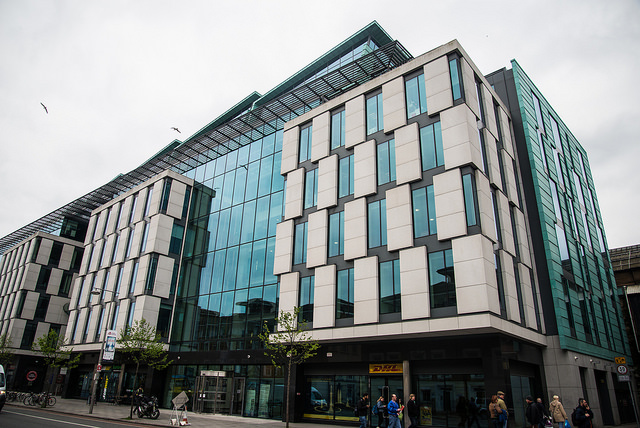College is to set up a coronavirus research hub in Trinity Biomedical Sciences Institute (TBSI) that will focus on designing drugs and a potential vaccine to fight the pandemic.
The hub – which will receive €2.4 million from AIB – will also work on new testing kits to try to discover if a healthcare worker has previously been infected by the virus, in order to determine whether or not they can return to work.
Trinity immunologists and infectious disease clinicians from St James’s Hospital will work alongside doctors from hospitals across Ireland and fellow researchers globally will also work on increasing supply of accurate antibody testing kits, to combat the recent spike in inaccurate kits.
Provost Patrick Prendergast said: “Trinity is one of the world’s leading universities when it comes to research into immunology and immunity and has the research expertise to play a major role.”
“Donations such as this are a generous, practical and timely contribution to the fight against this terrible virus”, he added.
Prof Kingston Mills, the co-leader of the hub, said the centre will assess “the immune response in infected and recovered Covid-19 patients to establish whether previous infection prevents reinfection, including serial sampling of patients at St James’s Hospital and other collaborating hospitals”.
Trinity’s first case of the coronavirus came in TBSI early last month, with sections of the building closed off as a result.
Since then, the College has closed as a result of the pandemic, with teaching moved online and exams – a source of concern for students – moved to online, take-home and assignment format.
Yesterday, The University Times revealed that Trinity was to reject calls by students to implement a “no detriment” policy for summer exams, arguing it “is not applicable or workable” for Irish universities.
A confidential memorandum, approved by University Council yesterday and seen ahead of time by The University Times, proposed a slew of alternative measures that Trinity says will “recognise and substantially mitigate the difficulties faced by students, ensure the minimal impact on the crisis on progression, and allow students who feel disadvantaged in the grades they have achieved a second shot at the assessment”.
Trinity’s Business School is being used for contact tracing, with College volunteers – trained by the army cadets – making calls to people who have tested positive to find out if there are others they may have infected.







